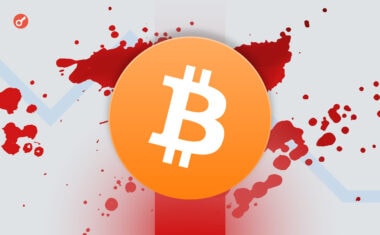A Percolator repository has appeared on GitHub, where Solana co-founder Anatoly Yakovenko is working on a decentralized perpetual futures exchange (perp DEX). Judging by the code, this is a native Solana derivatives trading platform similar to Hyperliquid, but built entirely within the Solana ecosystem.
However, Yakovenko explained that this is not a full-fledged launch, but an experiment with Anthropic’s Claude generative artificial intelligence (AI).
“I want to see if it’s possible to I wanted to generate Pinocchio and test with surfpool,” Yakovenko said.
At the same time, he put forward the idea of a competition between algorithms that manage liquidity in the market. In his opinion, it could look like a “tournament” between different programs competing to see who can allocate funds more efficiently and reduce risks.
“Oh man, I now know @AndreCronjeTech’s pain [Andre Cronje]. I am just messing around with Claude to see how well it can generate Pinocchio and test with surfpool. Please steal the idea. I want to see if it’s possible to replicate the same prop-amm competition for spot but for perps,” he wrote on X (Twitter).
According to him, the concept involves the creation of a single perp DEX application that uses a single memory slab for all operations, with its own liquidity pool, risk management, and order matching mechanism. The second component is a router that could rebalance positions between several such systems.
It is worth noting that the idea of perp DEX on Solana probably appeared against the backdrop of historical highs in trading on derivatives platforms. In particular, in September 2025, the total trading volume on perp DEX exceeded $1.14 trillion, which is 49.5% more than in August, according to DeFiLlama. The market leaders include Aster, Hyperliquid, and Lighter.
However, in October, the market underwent a serious correction. After a large-scale cryptocurrency crash on the night of 11 October, which resulted in the liquidation of more than $19 billion in positions, open interest in perp DEX more than halved from $26 billion to less than $14 billion, according to DeFiLlama. Despite this, the weekly trading volume on DEX exceeded $177 billion.
